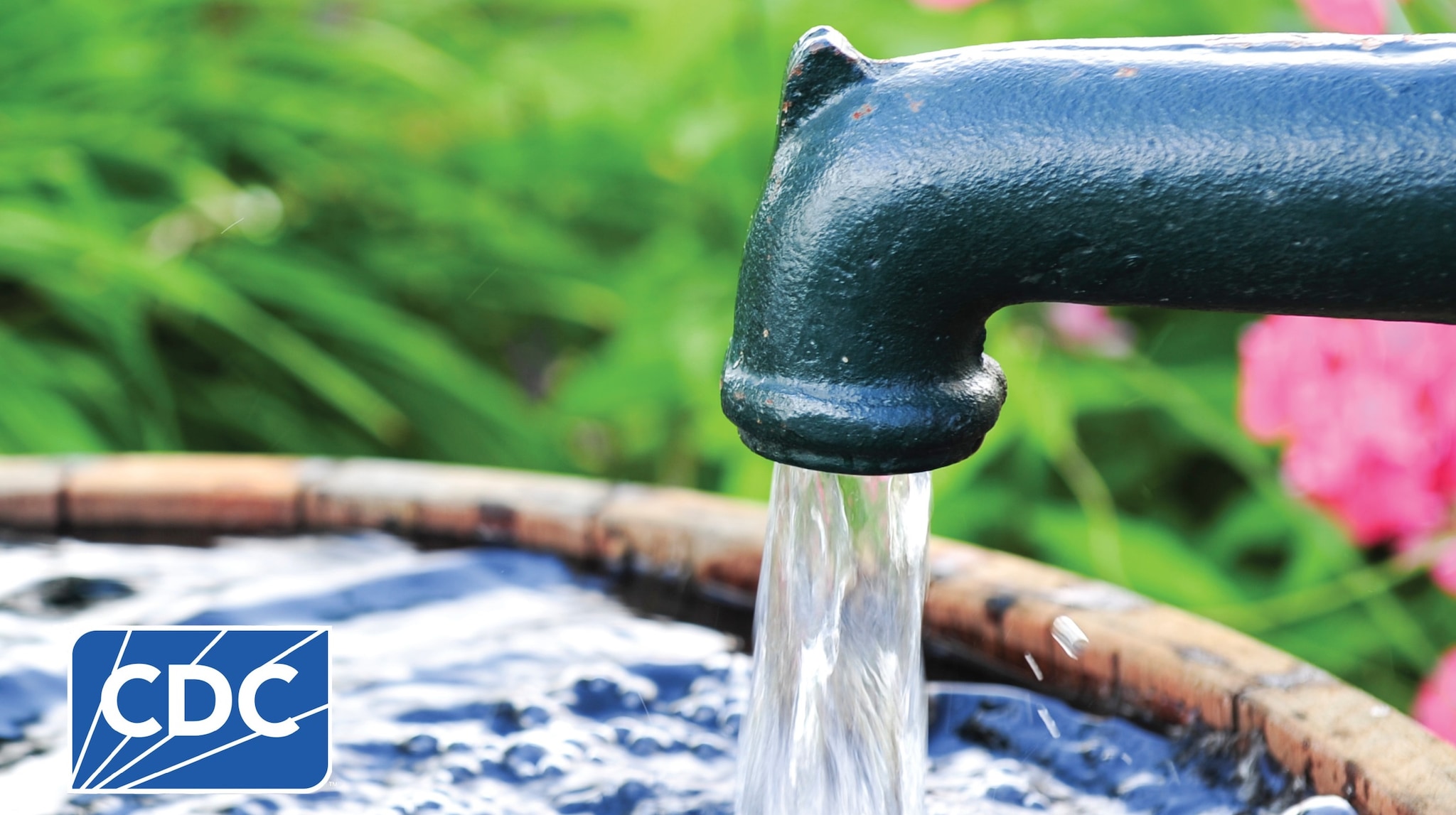At a glance
A program funded by CDC uses biomonitoring to help private-well owners. They can lower their exposure to unhealthy chemicals in drinking water.

Overview
One-third of Iowa residents live in rural areas. They rely on private or community wells for natural drinking water. Unfortunately, the water may not always be clean.
Wells directly connect with groundwater sources, which could be unsafe for drinking.
To help, CDC funded the State Hygienic Laboratory at the University of Iowa. The lab offered a biomonitoring program to Iowa residents in 11 counties. Private wells were their main source of drinking water. The program studied the volunteers' urine for metals and pesticides.
With permission from landowners, the laboratory also checked the well water for metals and pesticides.
Michael Schueller of the State Hygienic Laboratory explained why. "We wanted to make sure household drinking water was safe. Our goal was to help residents improve their water quality and also their health." More than 1,000 households participated in the program.
Stamping out heavy metals
Iowa scientists found a problem with metals and pesticides in some residents' urine and private well water samples. So they offered ideas to help lower risk of harm from chemicals.
For instance, the team found five heavy metals in one resident's well. These were manganese, lead, strontium, barium, and uranium.
An effective solution
As a result, the resident installed a new reverse osmosis treatment system. This helped him solve problems by:
- Getting rid of lead and uranium in his well water.
- Lowering the amount of manganese, strontium, and barium.
"It was clear this action helped his water quality," said program coordinator Elizabeth Miller.
Residents' participation in the Iowa Biomonitoring Program was voluntary. The program is part of CDC's commitment to help protect Iowa children and adults. Good, clean drinking water has many benefits for their overall health.
